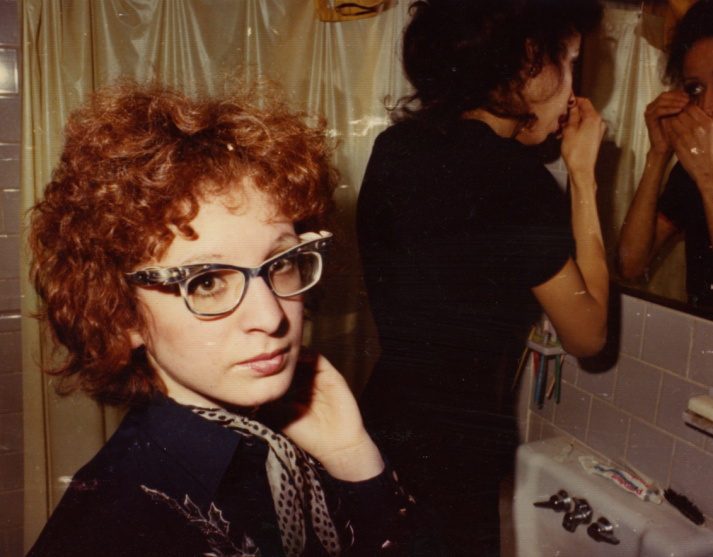Like open source code, which is built collectively and is accessible to everyone to modify and improve, the cueca tarijeña and the Palestinian dakbeh are dances that, beyond their traditional form, represent living practices that are reinvented and shared from generation to generation. These dances not only transmit culture and history but also serve as spaces for free expression and community resistance. Just as open source code enables collective creation and constant adaptation, these dances can also transform, connecting people from different backgrounds and contexts to weave networks of support, empowerment, and shared identity.
In this gathering, we will explore how these two dances can be understood as a form of "open cultural code," a constant process of creation and adaptation that belongs to no one but to everyone at the same time, much like the best of digital culture: open, shared, and inclusive.
Organized by: Montoneros Chapacos Barcelona and The Palestinian Museum, in collaboration with the cultural program Calidoscópico 2025 of the San Andreu District. (Please register only if you are attending as a large group) at reserves@canodrom.barcelona



